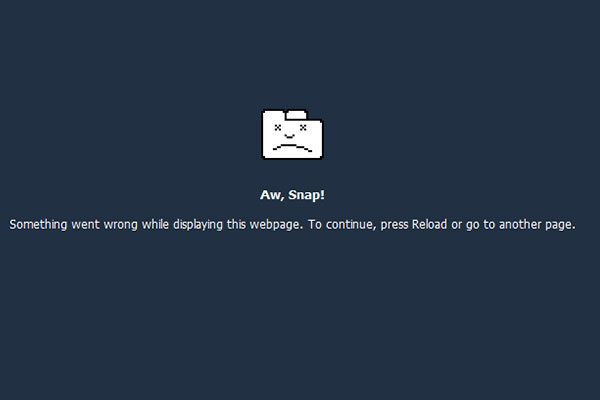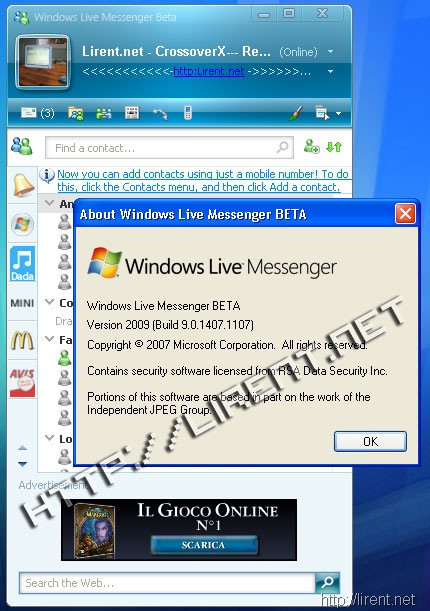Google has become so ubiquitous in many people’s daily lives that it serves as the all-encompassing information source on how to do nearly anything: jump a car, tie a tie, fold a pocket square, remove ketchup stains. Oh, and crack open a safe to steal $12,000. That’s what a couple of burglars did last month in Colorado, when they broke into an indoor amusement center called Bigg City armed with the knowledge they thought they needed in order to get into a couple of safes. The burglars knew the passcodes to the safes in question but were still unable to open them after several tries, so they eventually resorted to their good friend Google to tell them how.
These burglars may not have been the sharpest tacks in the box to begin with; they attempted to cover a security camera lens not with spray paint or some other opaque agent, but the clear, cleaning properties of WD-40, and attempted to do the same to a fire alarm that they thought was a camera. But at least they were resourceful; after spending an hour and 15 minutes attempting to unsuccessfully crack the safe using their handy passcodes, according to the Colorado Springs Gazette, they used the computer in the next room to search Google for “how to crack a safe.”
The Google search proved fruitful for the two burglars, as they were able to get the information they needed and walk away with $12,000 in cash as well as a PlayStation and a laptop. And despite their inept attempts to outwit the security cameras, they have not yet been arrested.
It’s not the first time criminals have turned to the Internet for inspiration, and it certainly won’t be the last. It’s also a problem that law enforcement officials are keenly aware of.
Last year, US Department of Homeland Security head Michael Chertoff characterized the Internet as containing a plethora of terrorist resources, ranging from training to networking to fundraising. And according to the Times Online, European officials are currently considering passing legislation that would outlaw the publication of bomb-making information on the Internet. Under the current proposal, ISPs could face charges for not blocking web sites with bomb-making instructions on them. “It should simply not be possible to leave people free to instruct other people on the internet on how to make a bomb—that has nothing to do with freedom of expression,” EU Justice Commissioner Franco Frattini told the Times.
Safe-cracking is a far cry from bomb making, and the Colorado burglary is comical as it involves only $12,000 and a couple of dim-witted robbers. At the same time, it serves as a reminder of the mixed blessing the Internet has proven to be for law enforcement.






